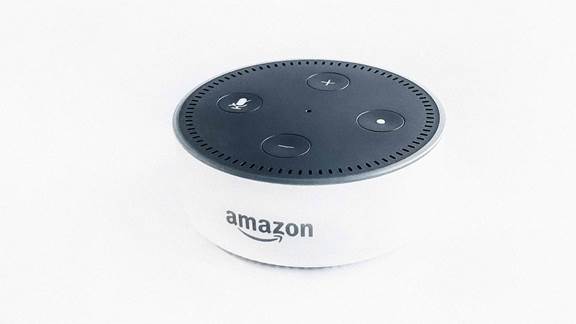Alexa: everybody’s favourite travel companion
When it comes to getting around town, travellers appreciate convenience, ease and saving time above all. During our time experimenting with Alexa over the last year, we have been thinking carefully about how Voice assistant UI could help our transport and mobility clients to transform their customer's overall experience.
In an early whiteboard session, our strategy team carved out three key areas of opportunity within the industry: public transportation, shared mobility services and personal vehicle management. Below, we share a selection of our early thoughts and ideas:
1. Plan your journey with ease
Today, thanks to real-time information accessible in most large, modern cities, it is becoming easier than ever to make the most of the public transportation system
Having said that, getting to work isn’t always smooth sailing. In a city such as London, it is common to fall victim to countless strikes, signalling failures and delays that cause major disruptions to your commute and schedule thereafter. Whilst Alexa can’t stop strikes or technical failures, she can keep you in the loop.
Alexa excels at creating a frictionless experience - which is ideal as you frantically rush around the home, preparing for your morning commute. Not only can she help with door-to-door planning, but Alexa can also check the cost of a journey, predict journey duration and top up your travel card so that you avoid wasting time lining up in queues.
2. Drop off family members at the airport
Technology has enabled shared services such as Uber and Zipcar to become commonplace, fuelling the move from personal vehicle ownership towards more economical and environmentally-friendly alternatives.
As this trend continues to grow, we believe that Voice assistant UI will play a powerful role in helping to reduce the friction of organising and managing the use of these services. Alexa can order you an Uber to take you to dinner, or book you a car for a couple of hours within a matter of seconds. For example, want to go drop your grandparents off at the airport after the Christmas holidays?
3. Manage your vehicle from the comfort of your couch
As our cars become ‘smarter’ and better connected, the need for quick interactions that are hands-free and non-visual become possible.
Voice UI will make it easier for people to interact with their vehicles, both whilst they’re on the road, and when they aren't. Being able to manage your vehicle from the comfort of your home is a powerful proposition, yet what matters even more is the possibility of an almost friction-free journey on the road. Whilst for most people Alexa sits in the Echo on their kitchen table, she can, in fact, be anywhere - including your car. This makes Alexa the ideal co-pilot to any journey, assisting you with traffic updates, staying on top of your fuel levels, finding a parking spot, replying to your text messages and even reading you an audiobook when you’re on the road.;
It is also simple to ask Alexa to run a quick car maintenance check from your living room the night before a long journey.
Here at Kin + Carta, we see Voice as just another, albeit new, endpoint for apps. We expect Alexa and friends - Google Assistant, Siri and Cortana - to kickstart a new mainstream platform, signalling the start of a post-touch, ambient era of computing.
As with mobile, a Voice assistant UI will never be the sole channel that customers choose to interact with. However, having a multi-channel strategy that includes Voice user interface will become increasingly vital for reaching customers - wherever they are. Whilst there are still lots of unknowns, we feel confident that 2017 will become the year that Voice UI goes mainstream.
